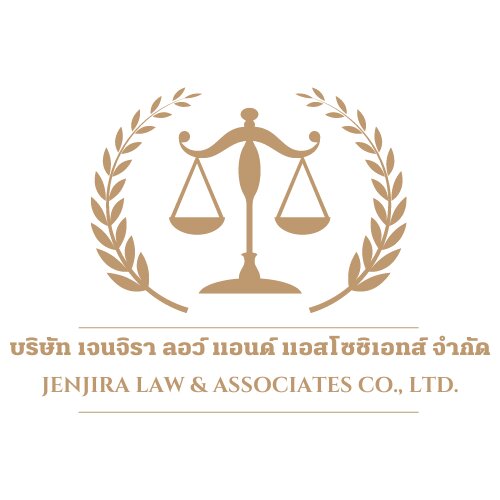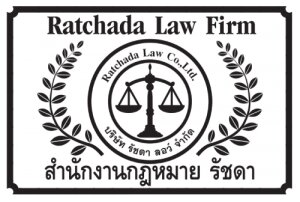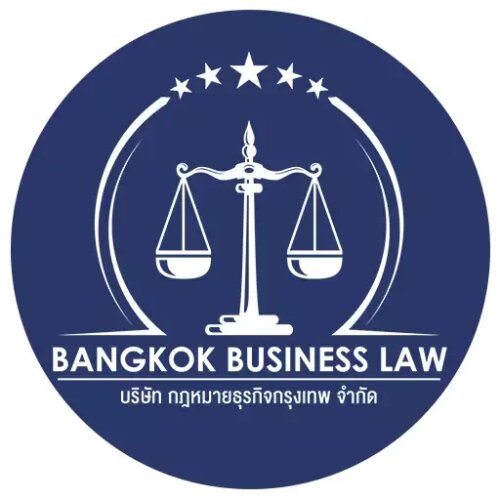Best Project Finance Lawyers in Bang Kapi
Share your needs with us, get contacted by law firms.
Free. Takes 2 min.
List of the best lawyers in Bang Kapi, Thailand
About Project Finance Law in Bang Kapi, Thailand
Project finance is a specialized area of finance law that revolves around funding long-term infrastructure and industrial projects based on the projected cash flows of the project rather than the balance sheets of its sponsors. In Bang Kapi, Thailand, where development activities are rapidly expanding, project finance is crucial for projects such as transport infrastructure, real estate developments, energy plants, telecommunications, and public-private partnerships. The legal framework involves contract structuring, regulatory compliance, risk management, and financial agreements tailored to each project's specific needs. With the growing urbanization in Bang Kapi, understanding project finance law has become increasingly important for local and foreign investors, developers, and lenders.
Why You May Need a Lawyer
Navigating project finance in Bang Kapi can be complex, requiring legal expertise for various reasons. Some common situations where you may need a project finance lawyer include:
- Drafting and negotiating contracts for project development and financing
- Complying with local regulations and obtaining necessary permits and licenses
- Structuring agreements to distribute risk among multiple stakeholders
- Handling disputes that may arise during the project lifecycle
- Advising on foreign investment laws and regulations
- Ensuring compliance with environmental and land use laws
- Managing cross-border transactions and complex financing structures
- Addressing legal issues related to project security, such as collateral and guarantees
A lawyer experienced in project finance will help safeguard your interests, minimize risks, and ensure the smooth progress of your project.
Local Laws Overview
Several core aspects of Thai law and local regulations in Bang Kapi are relevant to project finance. Key elements include:
- Foreign Investment Regulations: Foreign investors may need approval under the Foreign Business Act and may face restrictions in certain sectors. Local partnerships and joint ventures are common strategies to comply with these rules.
- Licensing and Permitting: Most projects require obtaining permits from Bang Kapi District Office and other relevant authorities to comply with zoning, land use, and environmental regulations.
- Environmental Laws: Large-scale developments must undergo Environmental Impact Assessments under Thai environmental law, including public consultations.
- Contract Law and Security Interests: The Civil and Commercial Code of Thailand governs contract enforcement. Securing interests in land or assets for lenders requires proper registration, often coordinated with the Department of Lands.
- Public Private Partnerships (PPP): PPPs are governed by the Public-Private Partnership Act, providing a framework for collaboration between the government and private sector, especially for infrastructure projects.
- Dispute Resolution: Disputes may be handled through Thai courts or arbitration. Local courts in Bang Kapi generally enforce contracts as long as they do not conflict with Thai public policy.
Frequently Asked Questions
What is project finance and how is it different from traditional bank lending?
Project finance is a method where lenders and investors fund a project based mainly on its projected cash flow, not the full creditworthiness of its sponsors. Unlike traditional bank lending, which relies on company assets and credit history, project finance is typically non-recourse or limited recourse.
Do I need government approval to finance a project in Bang Kapi?
Yes, most projects require approvals, permits, or licenses from local authorities in Bang Kapi and other government agencies, especially when involving construction, environmental impact, or foreign investment.
What are the main steps involved in a project finance transaction?
Typical steps include conducting a feasibility study, structuring legal and financial arrangements, negotiating contracts, securing permits, finalizing financing agreements, and managing compliance throughout the project.
Are there restrictions on foreign participation in project finance deals in Thailand?
Yes, foreign investors may face restrictions under the Foreign Business Act. There are also sector-specific limitations, and some activities may require Thai majority ownership or special approvals.
How is risk typically allocated among project stakeholders?
Risks are usually allocated through detailed contracts and agreements, distributing responsibilities among developers, contractors, lenders, and investors according to their roles and capabilities.
What kind of security will lenders require when financing a project?
Lenders commonly require security interests or collateral in project assets, receivables, shares, and occasionally land rights. Security arrangements must comply with Thai law and be properly registered.
Is it necessary to conduct an Environmental Impact Assessment for my project?
Large-scale or sensitive projects often need to undergo an Environmental Impact Assessment as mandated by Thai law. This is important for obtaining necessary permits and community support.
Can disputes in project finance be resolved through arbitration in Thailand?
Yes, parties may choose arbitration as a method of dispute resolution, which is recognized and enforceable in Thailand, subject to the terms of the agreement and local laws.
How long does it take to complete a project finance transaction in Bang Kapi?
The timeline varies depending on project complexity, regulatory requirements, and the parties involved. On average, it can take several months to over a year to reach financial closure.
What should I look for in selecting a project finance lawyer in Bang Kapi?
Look for lawyers with expertise in project finance, knowledge of local and Thai regulations, experience working with international investors, strong negotiation skills, and a track record with similar projects in Bang Kapi or Thailand.
Additional Resources
The following resources and organizations can assist those seeking more information or support with project finance in Bang Kapi:
- Bank of Thailand - Issues guidelines on financial transactions, currency exchange, and lending regulations.
- Thailand Board of Investment - Offers information for foreign and local investors, including incentives and regulatory guidance.
- Bang Kapi District Office - Manages local permits, land use, and administrative matters relevant to development projects.
- Ministry of Finance - Sets policies related to government spending and fiscal policy for large-scale projects.
- Office of Natural Resources and Environmental Policy and Planning - Handles environmental assessments and sustainability reviews.
- Thai Arbitration Center - Offers arbitration services for commercial and project finance disputes.
Next Steps
If you are considering a project finance transaction in Bang Kapi, start by defining the scope of your project and identifying potential legal and regulatory challenges. Gather all relevant project documents and prepare an overview of your objectives. It is advisable to consult an experienced local project finance lawyer who can assess your specific situation, explain compliance requirements, structure your contracts, and guide you through the approval process. Early legal advice can help prevent unnecessary delays, minimize risks, and set your project up for long-term success. If you are unsure where to begin, reach out to any of the governmental agencies or organizations mentioned above, or seek recommendations for reputable law firms specializing in project finance in Bang Kapi, Thailand.
Lawzana helps you find the best lawyers and law firms in Bang Kapi through a curated and pre-screened list of qualified legal professionals. Our platform offers rankings and detailed profiles of attorneys and law firms, allowing you to compare based on practice areas, including Project Finance, experience, and client feedback.
Each profile includes a description of the firm's areas of practice, client reviews, team members and partners, year of establishment, spoken languages, office locations, contact information, social media presence, and any published articles or resources. Most firms on our platform speak English and are experienced in both local and international legal matters.
Get a quote from top-rated law firms in Bang Kapi, Thailand — quickly, securely, and without unnecessary hassle.
Disclaimer:
The information provided on this page is for general informational purposes only and does not constitute legal advice. While we strive to ensure the accuracy and relevance of the content, legal information may change over time, and interpretations of the law can vary. You should always consult with a qualified legal professional for advice specific to your situation.
We disclaim all liability for actions taken or not taken based on the content of this page. If you believe any information is incorrect or outdated, please contact us, and we will review and update it where appropriate.










